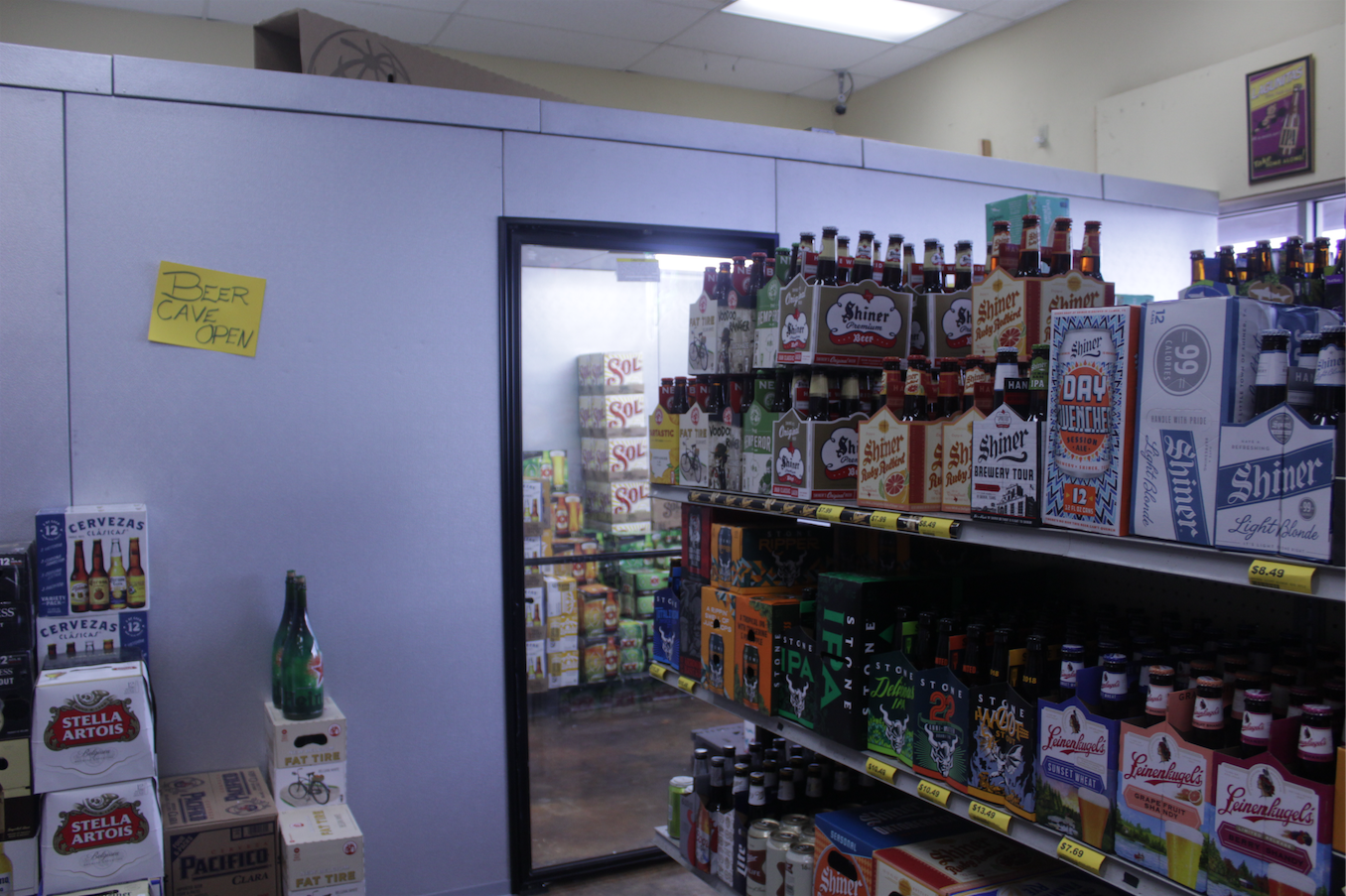After Two Years, State Question 792 Finally Changes Liquor Laws

Oklahoma liquor laws were changed when State Question 792 was passed by voters November 2016. The changes took nearly two years, beginning on October 1, 2018.
Opponents attempted to block the implementation of the bill on the grounds that it violates the Oklahoma Constitution. More specifically, they said, SQ 792 violates the 14th amendment.
Bryan Kerr, President of the Retail Liquor Association of Oklahoma, told the Oklahoma Gazette the state question creates an unfair marketplace by giving a series of advantages to other stores to sell as much beer and wine as they like without any of the restrictions placed on package stores.

“You have to make laws that adhere to the constitution, or else you waste people’s time and money putting something together that is going to be struck down by the courts,” Kerr said.
The new law allows retail stores to sell wine and beer while also allowing liquor stores to carry products other than alcohol. Currently, grocery stores and convenience stores can now sell beer that’s up to 8.99 percent alcohol, and wine up to 14.99 percent.
Previously that was only legal for consumer sale in liquor stores, not to mention liquor stores having to cap out at 20 percent on non-alcoholic sales. At present, here is no such restriction on retail stores having to cap out at 20 percent on alcohol sales. It appears as if liquor stores have been given the shorter end of the straw.
While the bill may be what’s best for the consumer, it’s not doing anything to help local liquor store owners or restaurants, some experts said.
Caitlin Kraft, Executive General Manager of Redrock Canyon Grill on Lake Hefner said, “It’s [state question 792] great for consumers, but it’s forced a lot of smaller liquor stores to close because they can’t afford to buy coolers for the new high point beer.”
Unlike the chain retail stores, installing a beer cooler for small locally owned liquor stores is quite an investment.
“It really was a puzzle piece to figure out. It (costs) a lot, and it depends on the size and number of doors, and a lot of different factors,” said Lisa Newport of Midwest Wine and Spirits. “We would have had to do it in the other store (location). Our gamble is that it will pay itself off over time.”
Kraft said the change has been impacting her restaurant for months.
“The biggest thing for us is the changes in distribution,” she said. “Before, we got all of our alcohol from Central Liquor, which was like Walmart. It had everything.” Kraft says now, alcohol companies are choosing which distributors will carry their products, causing distributors to be more exclusive.
“It’s like how Walmart carries everything, but they also have Faded Glory—their own brand that only they sell. Well now, it’s like Walmart can only sell Faded Glory.”
As of 2016, according to the Oklahoma Department of Mental Health and Substance Abuse Services, Oklahoma is ranked the 11th highest in alcohol poisoning, and sixth in the nation for alcohol mortality. Opponents are questioning the safety issues that are connected to 792.
Shawnee Police Chief J.R. Kidney told the Shawnee News-Star he doesn’t think he will see an increase in DUI’s or an increase in crime due to the changing alcohol laws.
Modernizing alcohol laws includes easier access to alcohol for consumers, but also a responsibility to communities. Because Oklahoma is one of the highest ranking states in alcohol consumption,it increases the chances of harm through consumption.
With easier alcohol access due to 792 and that Oklahoma is only number three in the nation for underage drinking.